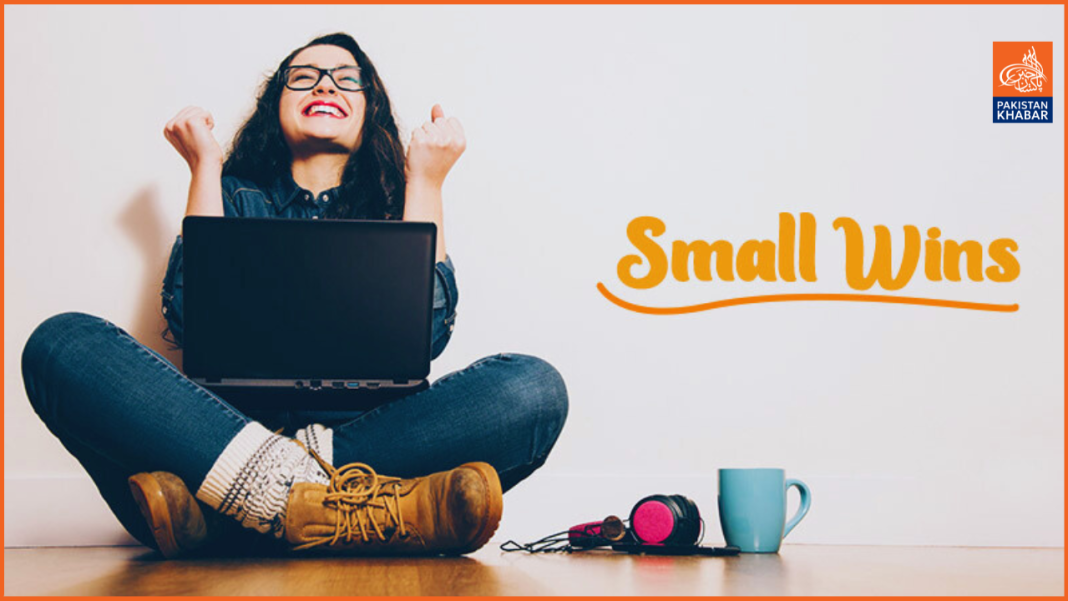Ever felt strangely proud after cleaning your desk or finishing a little chore? That surge of pleasure is your brain reacting to a micro-victory, not a passing sensation. Though seemingly little, psychology shows these little victories have a wonderful influence on drive, behavior, and mental health.
In a society fixated on great successes, it’s easy to overlook the psychological treasure buried in the little ones. Here’s why, though: your brain finds immense delight in them.
The Dopamine Loop: Built-in Reward System of Your Brain
Every time you do a chore, no matter how small, your brain releases dopamine, a hormone that causes pleasure and drives the next behavior. This is part of the theory of reward prediction error; when results surpass expectations, your brain feels pleased. Micro-wins produce these delightful surprises that feed a positive reinforcement spiral.
The same mechanism drives you to keep scrolling on social media, but you can learn beneficial behaviors instead by hacking it.
Progress = Power: The Progress Principle
Teresa Amabile and Steven Kramer’s “Progress Principle” holds that the most effective incentive is always continual improvement in meaningful work. The sense of forward movement that ignites enthusiasm and dedication drives more than just the length of the stride.
Therefore, even marking “drink water” from your to-do list will inspire a sense of accomplishment that drives on the next project.
Self-Efficacy: Confidence Through Action
According to Albert Bandura’s Self-Efficacy Theory, our conviction in our capacity for success shapes our behavior. Micro-victories increase self-efficacy by demonstrating, by action, that you can accomplish things. These little victories enable you to grow confident enough to face more difficult tasks without feeling overburdened.
Breaking Through Procrastination
Micro-tasks help to lower the “activation energy” needed to start, according to psychologist Timothy Pychyl. Starting anything little, such as a 2-minute stretch or one sentence of writing, helps one to stay motivated. Once in motion, momentum accumulates like your brain gently being pushed down a hill.
Practical Tips to Harness Micro-Victories
Divide goals into bite-sized chores; instead of “get fit,” try “do 10 squats.”
Record development using a basic notebook or app and then celebrate successes.
Use visual clues. A crossed-out or checked box assignment provides your brain with a clear success indicator.
Stack habits: Match a little new habit—such as stretching following tooth brushing—with an old one.
Final Thoughts
Though psychologically they punch much above their weight, micro-victories look little. They appeal to the reward mechanism in your brain, boost self-belief, and inspire sustainable motivation by obvious advancement. In a society that honors major events, it’s time we also start honoring the little ones, as they often propel us forward.



